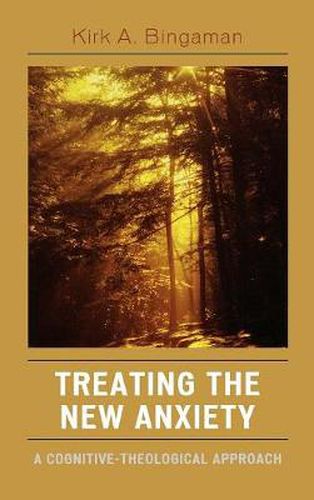Readings Newsletter
Become a Readings Member to make your shopping experience even easier.
Sign in or sign up for free!
You’re not far away from qualifying for FREE standard shipping within Australia
You’ve qualified for FREE standard shipping within Australia
The cart is loading…






A new form of anxiety has emerged, stemming in part from our post-9/11 reality, but even more stemming from the influence of supermodernity. Whereas postmodernism theorizes an anxiety that results from the collapse or loss of meaning, through the lens of supermodernity it appears that the new anxiety is evoked more by an excess of meaning generated by the rapid acceleration of human life and the media’s daily bombardment with serious global, national, and local concerns. This book explores the nature of the anxiety our supermodern condition provokes, and proposes that with the void left by the diminishment of religious involvement and practice the therapy session becomes the definitive place for meaning-making. Building on a cognitive therapy approach that emphasizes the client’s belief system, Bingaman demonstrates that to treat this new anxiety most effectively, practitioners must help clients identify and explore their core theological beliefs and spiritual values.
$9.00 standard shipping within Australia
FREE standard shipping within Australia for orders over $100.00
Express & International shipping calculated at checkout
A new form of anxiety has emerged, stemming in part from our post-9/11 reality, but even more stemming from the influence of supermodernity. Whereas postmodernism theorizes an anxiety that results from the collapse or loss of meaning, through the lens of supermodernity it appears that the new anxiety is evoked more by an excess of meaning generated by the rapid acceleration of human life and the media’s daily bombardment with serious global, national, and local concerns. This book explores the nature of the anxiety our supermodern condition provokes, and proposes that with the void left by the diminishment of religious involvement and practice the therapy session becomes the definitive place for meaning-making. Building on a cognitive therapy approach that emphasizes the client’s belief system, Bingaman demonstrates that to treat this new anxiety most effectively, practitioners must help clients identify and explore their core theological beliefs and spiritual values.